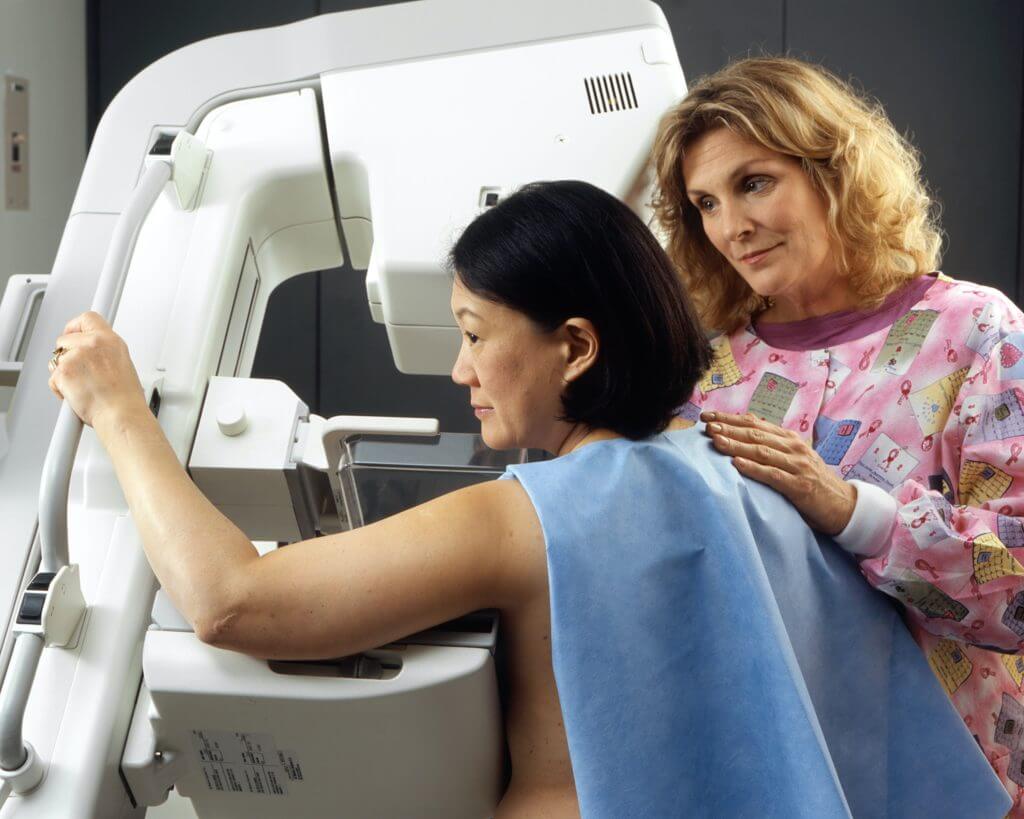LONDON — Cancer is becoming a global concern for younger people. New research reveals that there has been a staggering 79-percent increase in cancer diagnoses among individuals under 50 over the past three decades (1990-2019). The new study highlights breast cancer as the leading cause of “early onset” cases in 2019 for this age group. However, cancers of the windpipe (known as the nasopharynx) and prostate have shown the most rapid growth since the 1990s.
The results challenge conventional beliefs regarding the types of cancers that typically affect people younger than 50. Although cancer is commonly associated with older age, there has been a noticeable rise in cases among young adults in various regions around the globe. Previous studies mainly concentrated on national and regional differences without a broader global viewpoint or an emphasis on risk factors for younger adults.
Researchers in this study utilized data from the Global Burden of Disease 2019 Study, which encompasses 29 types of cancers in 204 countries and regions. The team examined the incidence (newly diagnosed cases), death rates, health consequences measured in “disability-adjusted life years” (DALYs—a combined measure of years lost due to illness or premature death), and key risk factors for individuals between 14 and 49 years-old.
By 2019, new cancer diagnoses among those under 50 reached 1.82 million — a significant jump from figures reported in 1990. Breast cancer emerged as the predominant type, causing the most cases and deaths, impacting 13.7 and 3.5 out of every 100,000 people globally, respectively.
Furthermore, while early-onset windpipe and prostate cancers experienced the steepest increases over this period, early-onset liver cancer saw a decline of approximately 2.88-percent annually.
The 2019 data revealed that more than one million people under 50 succumbed to cancer — a nearly 28-percent rise from 1990. Following breast cancer, the most lethal were those of the windpipe, lung, stomach, and bowel. Kidney and ovarian cancers also showed marked increases in death rates.

Where are younger adults developing cancer most often?
Regions with the highest rates of early onset cancers in 2019 included North America, Australasia, and Western Europe. Nonetheless, low to middle-income nations also felt the impact, especially in Oceania, Eastern Europe, and Central Asia. In these areas, early-onset cancers disproportionately affected women in terms of death rates and deteriorating health.
Projecting from the past 30-year trend, researchers estimate that early onset cancer diagnoses and related deaths will see respective rises of 31 and 21 percent by 2030. Those in their 40s appear to be at the highest risk.
While genetics may play a part, lifestyle choices such as diets rich in red meat and salt, low fruit and milk consumption, alcohol and tobacco use, physical inactivity, obesity, and elevated blood sugar levels seem to be major culprits.
The study’s authors did acknowledge potential limitations, particularly relating to inconsistent cancer registry data quality across countries, which might result in under-reporting or missed diagnoses. The influence of medical screening and early-life environmental exposures on these trends remains uncertain.
In essence, the alarming rise in early-onset cancers underscores the urgency for preventative measures, improved treatment strategies, and a global collaborative effort to understand and combat these trends.
“The findings…challenge perceptions of the type of cancer diagnosed in younger age groups,” according to doctors from the Center for Public Health at Queen’s University Belfast in a media release.
“Full understanding of the reasons driving the observed trends remains elusive, although lifestyle factors are likely contributing, and novel areas of research such as antibiotic usage, the gut microbiome, outdoor air pollution and early life exposures are being explored,” the team continues.
“Prevention and early detection measures are urgently required, along with identifying optimal treatment strategies for early-onset cancers, which should include a holistic approach addressing the unique supportive care needs of younger patients.”
“There is a pressing need for partnership, collaboration and resource distribution at a global level in order to achieve these aims,” researchers conclude.
The findings are published in BMJ Oncology.

